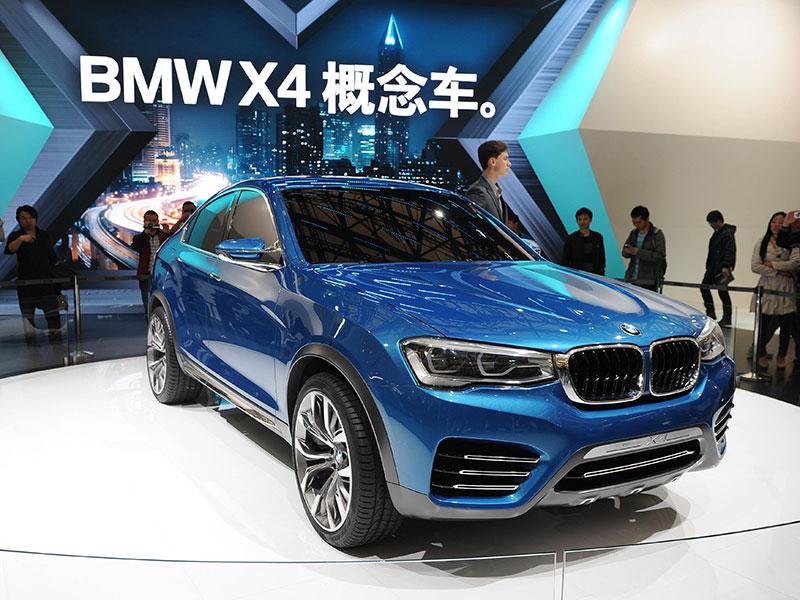China set to cut tariffs on auto imports
China has announced it will reduce tariffs on both cars and auto parts, providing foreign companies with better access to the Chinese market and further easing trade tensions with the US

China is one of the main export markets for BMW. Of the 371,000 X-range SUVs built in the company's South Carolina factory last year, approximately three of every four were shipped to China
On May 22, China’s Ministry of Finance announced the country would slash its tariffs on cars and auto parts, in a move designed to ease trade tensions with the US. The cuts are set to take effect on July 1.
The new policy will reduce tariffs on foreign cars to 15 percent, down from rates as high as 25 percent. Additionally, levies on different types of car part will be lowered to six percent.
The tariff cuts are set to benefit western car companies, particularly those selling high-end luxury vehicles, which make up almost 80 percent of Chinese car imports. Foreign firms will now be able to access the Chinese market at a cheaper rate, allowing them to better compete with domestic firms that offer products at lower prices.
China’s new policy will reduce tariffs on foreign cars to 15 percent, down from rates as high as 25 percent
Electric carmaker Tesla has said it will be able to take up to $14,000 off the price of its Model X SUV as a result of the announcement. Tesla also benefits from Chinese incentives to promote the adoption of electric vehicles.
Among the companies set to see the greatest benefit is Germany’s BMW, for which China is one of the main export markets. Of the 371,000 X-range SUVs built in the company’s South Carolina factory last year, approximately three of every four were shipped to China.
This is not the only major concession China has made to the auto industry this year: in April, China announced it would allow full foreign ownership of automakers in the country.
In the past, car companies have avoided steep tariffs by setting up production operations in China, but laws dictated they had to do so in a 50-50 joint venture with Chinese car companies, putting their intellectual property at risk.













